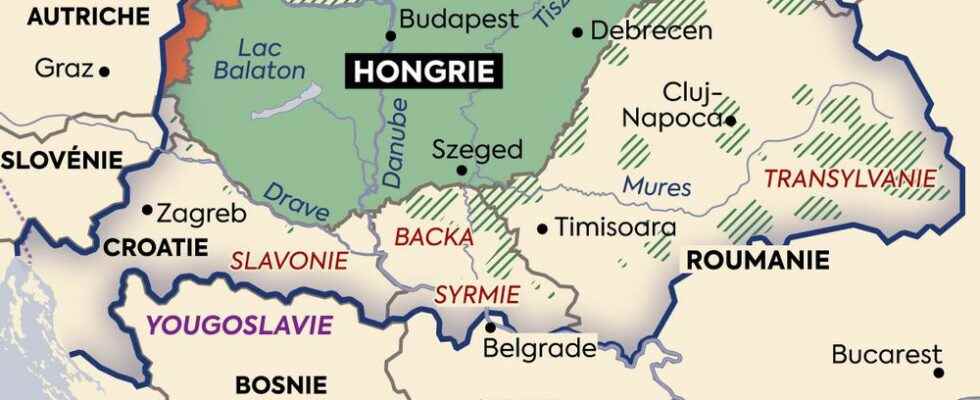On Sunday, will Viktor Orban manage to remain at the head of Hungary, of which he has been Prime Minister since 2010? This is predicted by surveys (50% of the votes in favor of his party, Fidesz). The legislative elections taking place on April 3 will have as great an impact on the future of the European Union as the French presidential election, the first round of which takes place a week later. Because in twelve years, with his “illiberal” revolution, the Magyar leader has established himself as one of the most restless leaders on the continent, as evidenced by his ambiguity with regard to Vladimir Putin.
Determined to put an end to his reign, the opposition, from the left to the far right, united behind a candidate nominated in a primary, Peter Marki-Zay. To understand the context that led to such an unnatural alliance, it is useful to delve into Hungary under Orban (Plein Jour), written under the direction of Corentin Léotard, editor-in-chief of the information site Courrier d’Europe centrale.
The Express
This essay brings together unpublished articles from several French journalists who have traveled the country over the years. They update, behind the brilliant strokes of Viktor Orban, the mutations generated in the country by his policy. Such as this village, Magyardombegyhaz, whose women have ensured the economic future of their community by successfully embarking on the manufacture of cheese. Or, again, the dissensions within the Jewish community in the face of the autocratic excesses of the Prime Minister and his party, Fidesz.
Correspondent of L’Express in Hungary, Joël Le Pavous signs the portraits of two “resisters” to “organization”. First, the touching one of Janos Gulyas, the country’s last communist mayor, who bends over backwards to ensure the survival of his village of Borsodbota, marked by the closure of mines and factories in the region.
And that of Marton Gulyas (no relation to the first). This artist and activist has launched a political YouTube channel, Partizan, which denounces the “Orban system”. Popular with the youngest, the tone of this medium stands out in a media landscape where channels and newspapers have been mainly brought to heel over the years by Fidesz. Through its eclecticism, this work succeeds in showing the singularity and the complexity of Hungary, in the present times as in the past.
